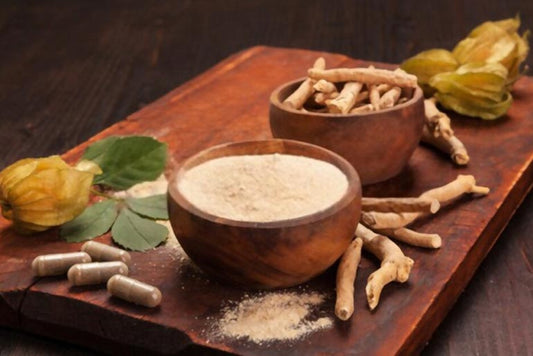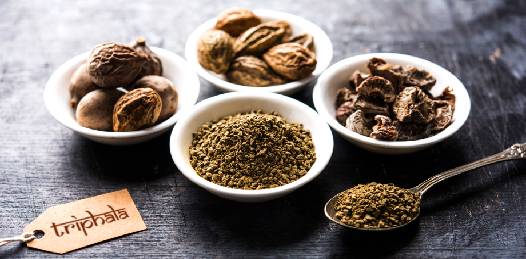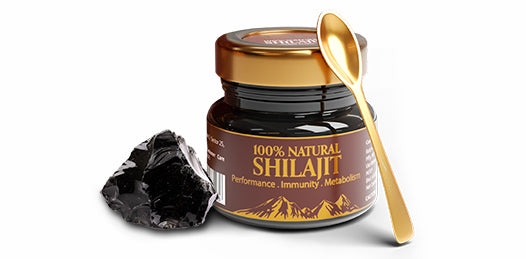Metabolism is vital for turning what you eat and drink into energy, influencing your health, weight, and how energetic you feel. It's a detailed process, and while many think you can speed it up instantly, it actually requires consistent, mindful changes in your diet. By choosing foods wisely, you can gradually enhance your metabolic rate. This guide will tackle myths surrounding metabolism, providing clarity on how it really works. By focusing on natural dietary adjustments, you'll learn effective ways to boost your metabolism, supporting a healthier lifestyle that promotes better energy use and weight management, all without relying on quick fixes.
Understanding Metabolism
Metabolism is your body's way of converting food into energy. This process keeps everything going, from moving around to breathing and keeping your heart beating. The speed of your metabolism is influenced by several factors, including your genes, how old you are, the amount of muscle you have, and how active you are. Even though you can't change your genetics or stop aging, you can boost your metabolism by staying active and building more muscle. Eating protein-rich foods can also help because digesting protein burns more calories than fats or carbs. Making these changes can help keep your metabolism humming along, giving you more energy throughout the day.
The Role of Diet in Metabolic Health

Your diet plays a critical role in how well your metabolism functions. The thermic effect of food (TEF) is a key aspect of this, representing the energy your body uses just to digest, absorb, and metabolize the food you eat. Foods vary in their TEF, meaning some can increase your metabolic rate more than others. By choosing foods with a higher TEF, like proteins and certain spicy foods, you're essentially giving your metabolism a little boost with every meal. This doesn't just help with burning calories more effectively; it also improves your overall metabolic health. Incorporating such metabolism-friendly foods into your diet is a strategic move towards enhancing your body's energy expenditure. Over time, this can lead to better weight management and a more vibrant, energized feeling throughout the day. It's a simple yet powerful way to support your body's metabolic processes naturally.
Metabolism Boosting Food
Boosting your metabolism naturally can be achieved by incorporating certain foods into your diet, each playing a unique role in enhancing your body's energy expenditure. Proteins, for instance, are metabolically demanding to digest, meaning your body burns more calories processing proteins from chicken, fish, tofu, and legumes than it does fats or carbohydrates. Spicy foods, thanks to capsaicin found in chili peppers, temporarily ramp up your metabolic rate by increasing body temperature and the amount of energy your body uses. Whole grains require more effort for your body to break down due to their complex carbohydrate structure, subtly lifting your metabolism.

Green tea stands out for its catechins, compounds consistently linked to improved metabolism and increased fat burning. Similarly, the caffeine in coffee acts as a stimulant, enhancing your energy levels and calorie-burning capability. Water, often overlooked, is crucial for metabolic processes; even slight dehydration can dip your metabolic rate. Lastly, foods rich in iron, zinc, and selenium are vital for thyroid health, which regulates metabolism. These nutrients, found in lean meats, nuts, and seeds, ensure your metabolic system functions smoothly, supporting overall metabolic health.
Incorporating Metabolism
Adding metabolism-boosting foods to your diet is a straightforward and effective strategy for enhancing your metabolic health. Begin by ensuring that every meal includes a good source of protein, such as lean meats, tofu, or beans, as protein has a high thermic effect that increases calorie burning. Spice up your meals with ingredients like chili peppers, which contain capsaicin to give your metabolism a temporary lift. Opt for whole grains instead of refined grains; the extra fiber in whole grains requires more energy for your body to break down, thereby boosting your metabolism. Incorporating beverages like green tea and coffee can also play a significant role, thanks to their caffeine content and antioxidants, which have been shown to support metabolic rate. Achieving a balanced and varied diet is crucial; it ensures your body gets all the necessary nutrients to function optimally and maintain a healthy metabolism.

Lifestyle Factors That Affect Metabolic Health
While a balanced diet is crucial for boosting metabolism, it's not the only factor that matters. Engaging in regular physical activity is equally important. Exercise, especially strength training, builds muscle mass, which burns more calories than fat, even at rest, enhancing your metabolic rate. Adequate sleep is another cornerstone of metabolic health; poor sleep can disrupt hormones that regulate appetite and metabolism, leading to weight gain and decreased insulin sensitivity. Furthermore, managing stress effectively is essential. Chronic stress leads to elevated cortisol levels, which can promote fat storage and make weight management challenging. These lifestyle factors—physical activity, sleep quality, and stress levels—intertwine with dietary habits to form a comprehensive approach to metabolic health. Together, they create a synergy that supports your body's metabolic functions, contributing to improved energy levels, better weight management, and overall health.
Conclusion
Boosting metabolism isn't about quick fixes or magic diets. It's about a holistic approach that combines nutrition with lifestyle choices. A diet filled with foods that encourage metabolic efficiency is key, but the impact of such foods is significantly amplified when paired with regular exercise, adequate rest, and stress management. Understanding the multifaceted nature of metabolism—how it's influenced by what we eat, how active we are, our sleep patterns, and our stress levels—allows for a more informed approach to improving metabolic health. Incorporating foods known to naturally enhance metabolism into your daily meals is a great start. Still, it's the harmonious balance with other aspects of your life that truly elevates your metabolic rate and overall well-being. This comprehensive strategy not only aids in energy utilization and weight control but also fosters a sustainable, healthy lifestyle that supports long-term metabolic health.











